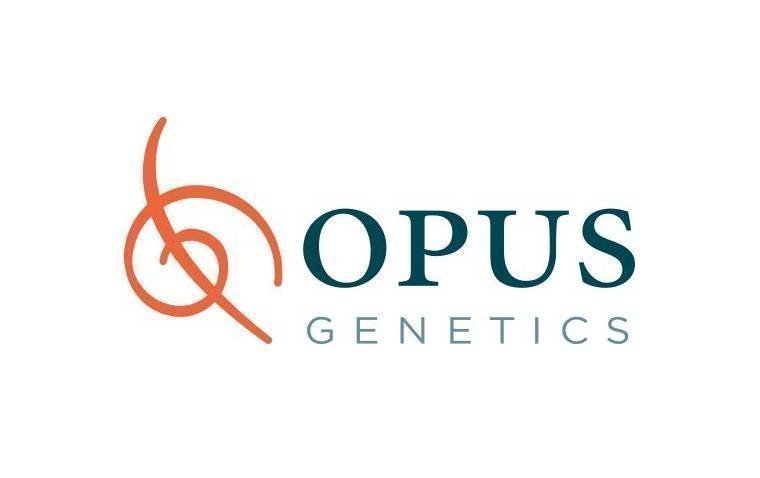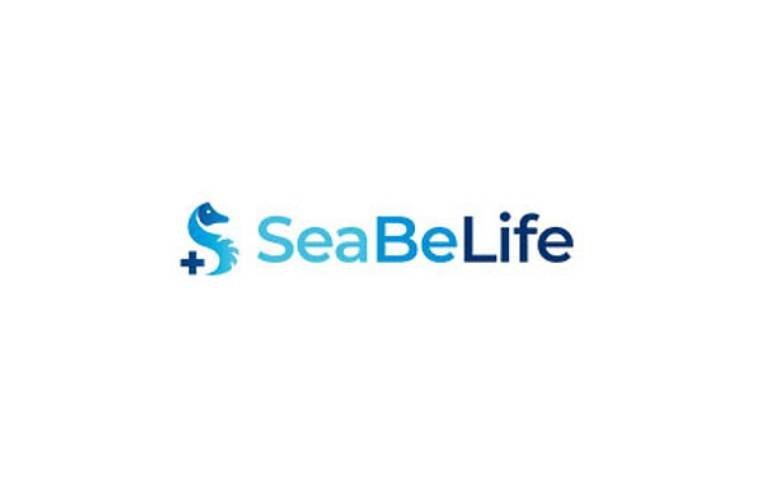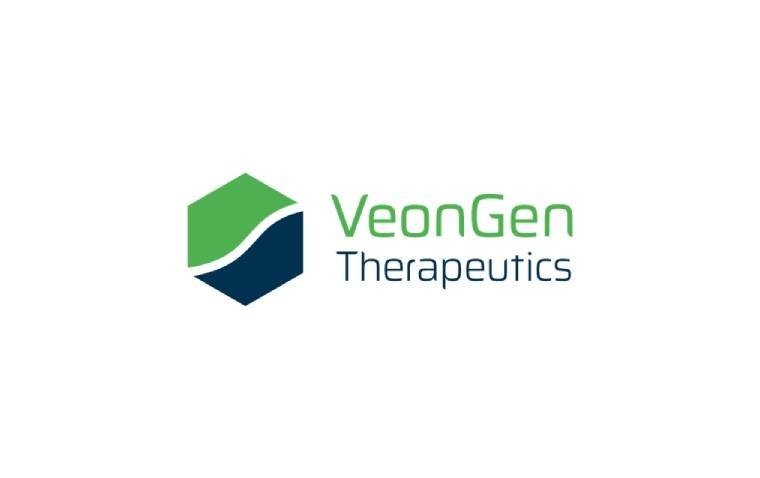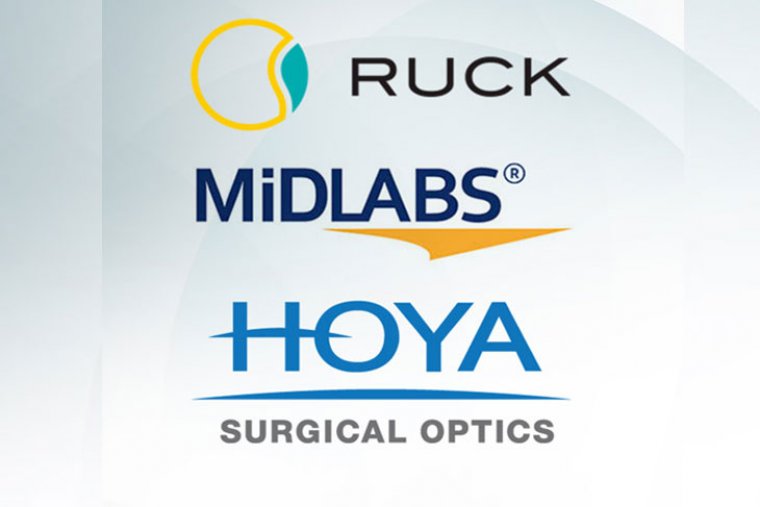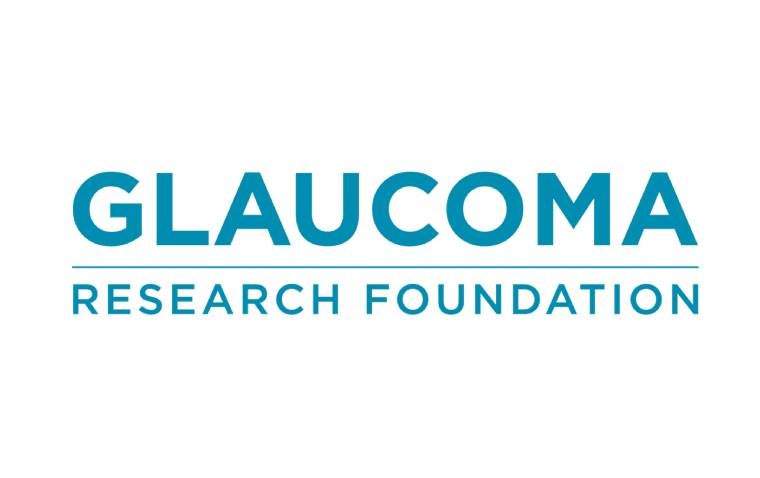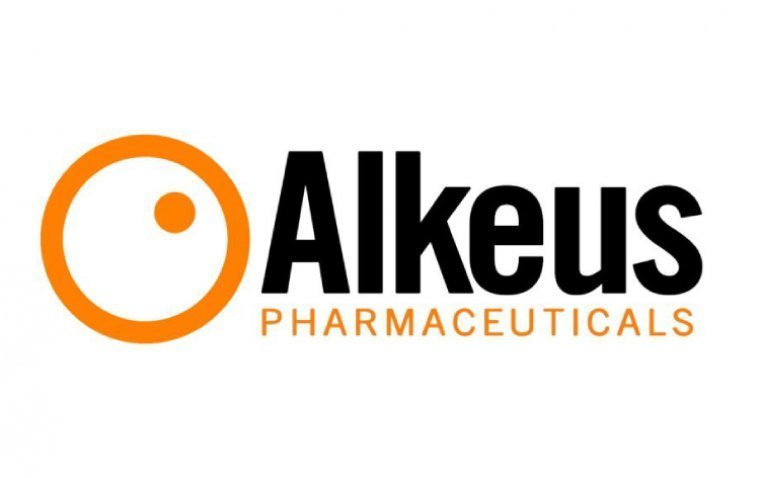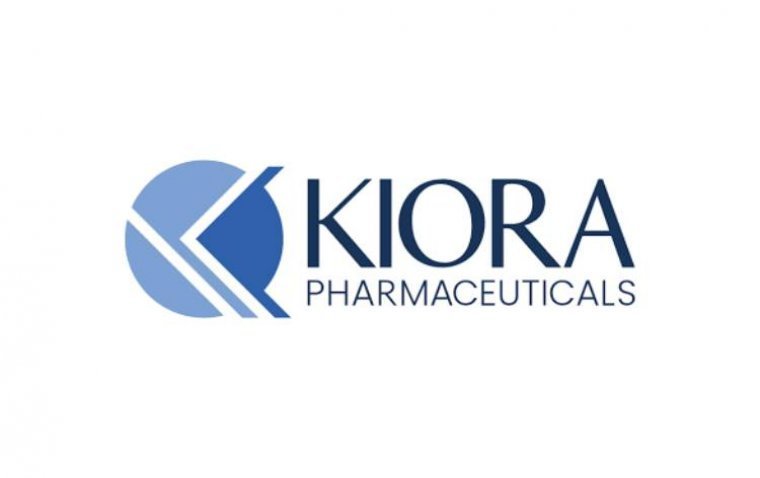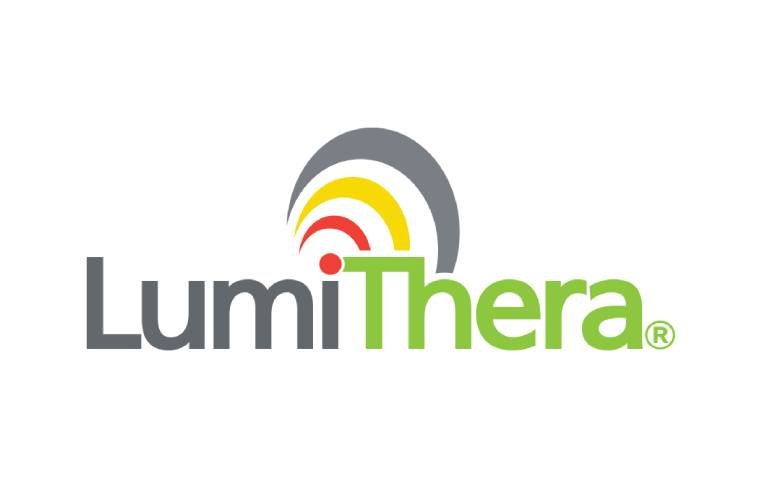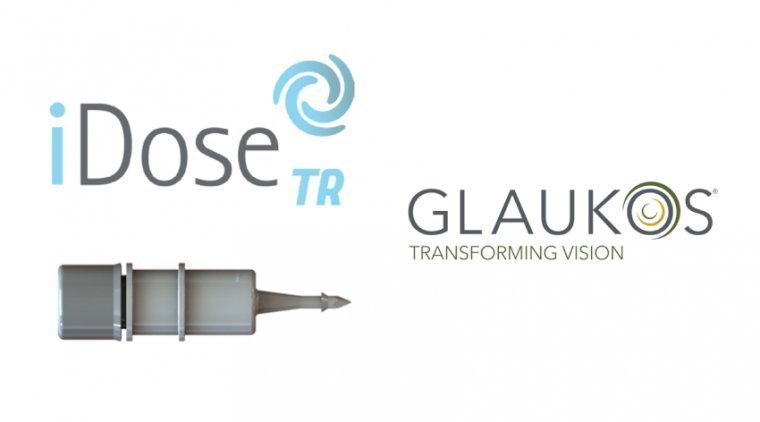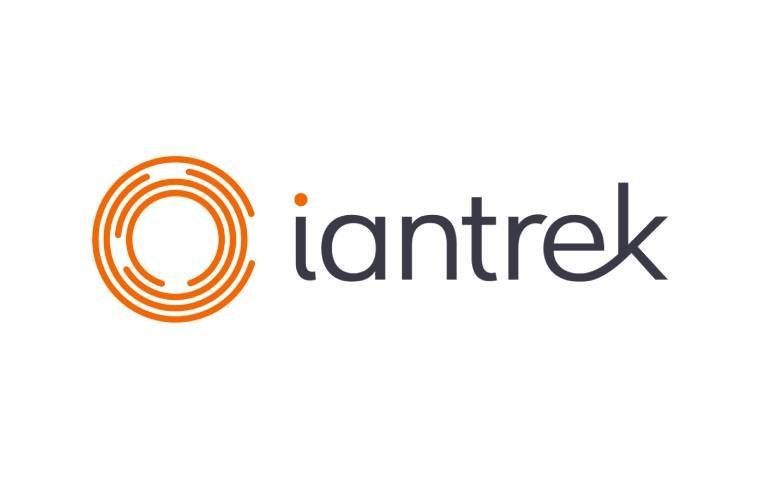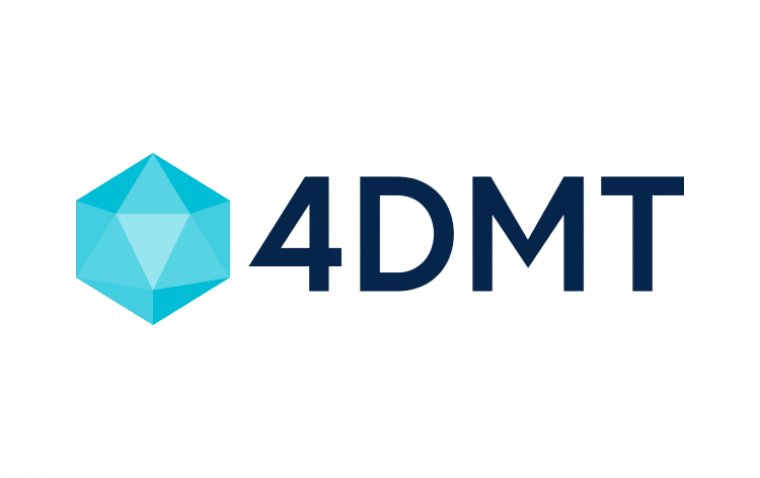
4DMT Announces Positive Interim Data from Phase 2 PRISM Trial for 4D-150 in Wet AMD Treatment
4D Molecular Therapeutics (4DMT) announced positive interim data from the Phase 2 PRISM clinical trial, marking a significant stride in the treatment of wet age-related macular degeneration (wet AMD).
Arshad M. Khanani, MD, MA, FASRS, presented the data at the Angiogenesis, Exudation, and Degeneration 2024 Conference, revealing 24-week landmark results from the randomized Phase 2 Dose Expansion cohort of the PRISM clinical trial.
Key Highlights:
Preserving Vision and Transforming Treatment:
David Kirn, MD, co-founder, and CEO of 4DMT, expressed optimism during a webcast about the potential of intravitreal 4D-150 in preserving vision. The positive interim results affirm 4D-150's capability as a safe, convenient, durable, and transformative intravitreal therapeutic for wet AMD patients, with a focus on preserving vision over the long term.
Disrupting Treatment Paradigm:
Kirn emphasized the potential of 4D-150 to disrupt the current treatment paradigm for patients with severe disease activity and a high treatment burden. The results underscore the efficacy of the intravitreal R100 vector invented at 4DMT.
Differentiated Product Profile:
Robert Kim, MD, Chief Medical Officer at 4DMT, highlighted the differentiated product profile demonstrated in patients with severe disease activity and high treatment burden. Positive Phase 2 results present a promising avenue for treating wet AMD in challenging patient populations not adequately studied in prior clinical trials.
Regulatory Advancements and Future Plans:
Kim expressed eagerness for discussions with regulators to align on a Phase 3 development plan expedited by FDA RMAT and EMA PRIME designations. The ultimate goal is to provide a compelling new treatment option for millions of patients suffering from VEGF-driven retinal diseases.
Addressing Chronic Nature:
Dr. Arshad M. Khanani highlighted the chronic nature of wet AMD, where many patients require long-term, frequent intravitreal injections. 4D-150 demonstrated a favorable safety profile, addressing concerns related to under-treatment and suboptimal disease control contributing to real-world vision loss.
Reducing Treatment Burden:
Khanani pointed out in the company’s news release that 4D-150 not only maintains stable visual acuity but also reduces treatment burden while effectively controlling disease activity without fluid fluctuations.
Insights into PRISM Study:
The Dose Expansion cohort of the PRISM study, a randomized, controlled Phase 2 clinical trial, assessed 4D-150 in previously treated wet AMD patients with severe disease activity and a high treatment burden.
Interim Results Highlights:
A single intravitreal dose of 4D-150 demonstrated favorable safety results through the data cutoff date, covering all ophthalmic exams through up to 48 weeks of follow-up.
Program Updates:
● Enrollment completed ahead of schedule in the Phase 2 PRISM Population Extension cohort, evaluating 4D-150 in wet AMD patients with broader disease severity.
● 4DMT plans for the first Phase 3 study to be a BCVA non-inferiority study vs. aflibercept 2 mg every 8 weeks, with 3E10 vg/eye selected as the study dose.
● Application of preliminary Phase 3 eligibility criteria demonstrated positive results, favoring high dose 4D-150 vs. aflibercept in BCVA, CST, and a remarkable 90% reduction in annualized injection rate.
Upcoming Milestones:
● Additional FDA and EMA interactions are planned in Q2 2024, with an update expected in Q3 2024.
● Initial interim 24-week landmark data analysis for the Phase 2 PRISM Population Extension cohort is anticipated in H2 2024.
● The Phase 2 SPECTRA Part 1 Dose Confirmation cohort's initial interim 24-week landmark data analysis is expected in H2 2024.
● The initiation of the first Phase 3 study for 4D-150 in DME is expected in Q1 2025.
This announcement signifies a significant breakthrough in the treatment landscape for wet AMD, offering hope for improved outcomes and reduced treatment burdens for patients. The positive interim data sets the stage for further advancements and regulatory discussions, potentially reshaping the future of wet AMD therapeutics.
(1).jpg)
